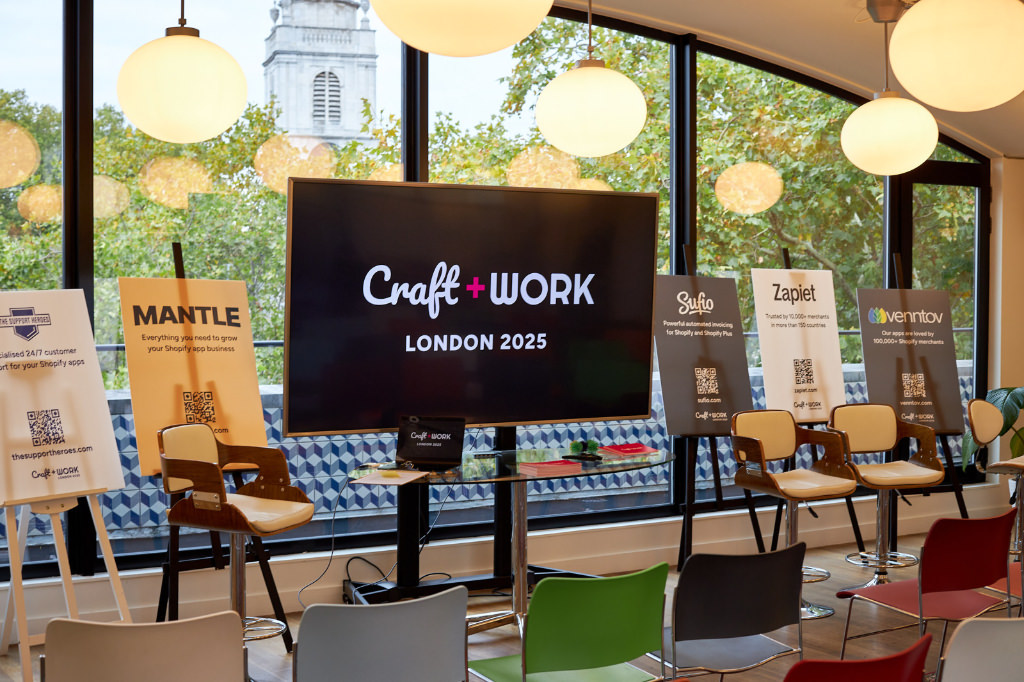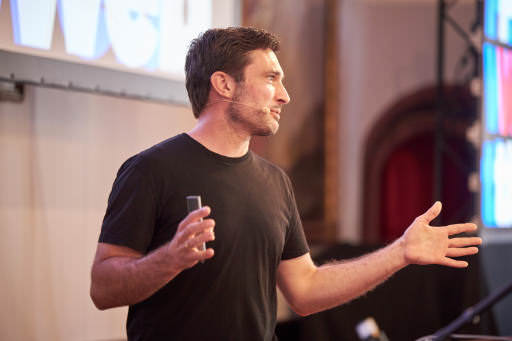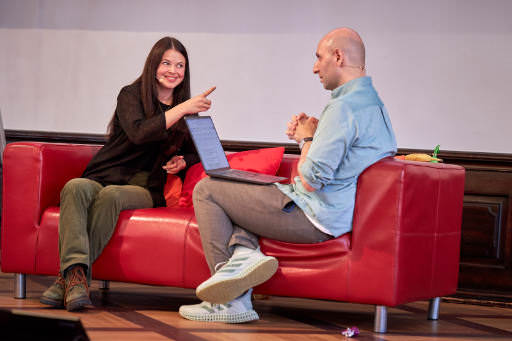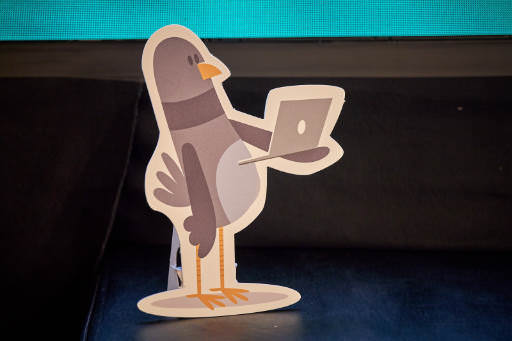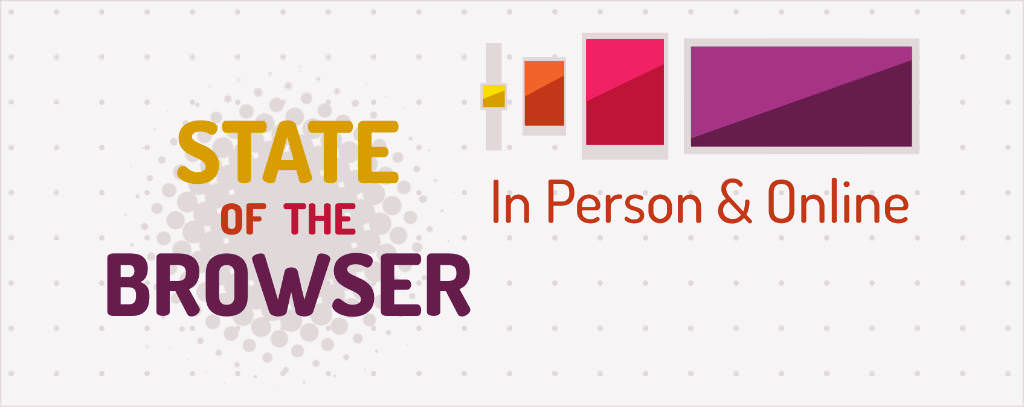Been Busy – What Happened During the Last Months?
Wow! Two Three month really went by so quick. I am, right now, sitting on my couch (not anymore, it’s the kitchen table now) and thought “Let’s see how long I haven’t posted on my personal site anymore” and ouch, that was quite some time. Reason for this was that I have done a couple of things that kept me busy (and happy). Sure, beyond tellerrand in Berlin, but a lot of other things also.
Let’s see what it was …
SmashingConf New York (1–10 October)
In 2014 we organised our very first SmashingConf in New York. This year, 11 years later, we are still running the show, but taking a break next year. New York and running SmashingConf there always has been special in some way.
This loud and busy city has a certain buzz to it that I love and that energises me. Back in 2018 I took our two oldest children to NYC for the first time, 2022 my oldest son and a friend of him and this year my oldest daughter again. It always is fantastic, if that is possible and they are not in university or busy otherwise. The event itself was a success and proof that events in the U.S. are still possible and needed.
St. Johann in Tyrol (11–19 October)
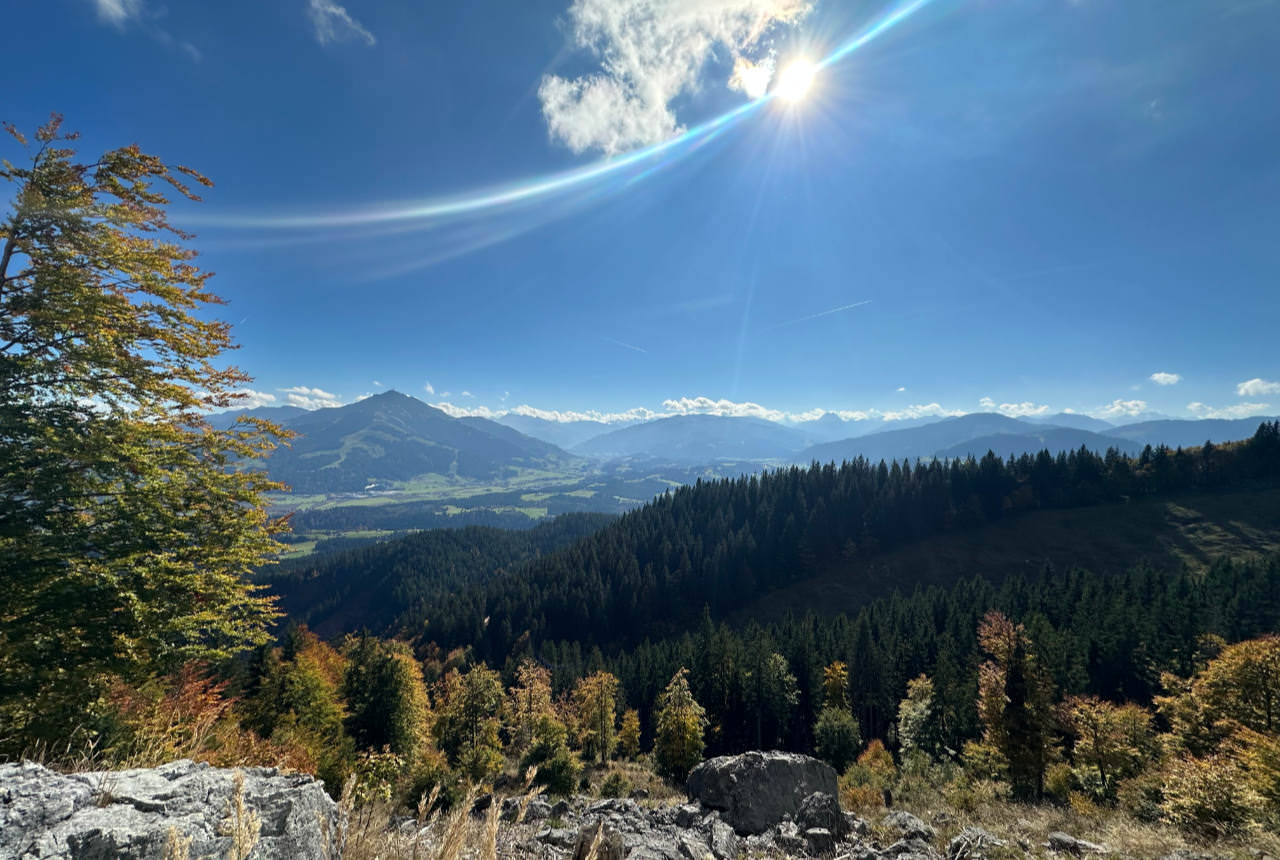
For decades we take the family to a hiking trip to St. Johann in Tyrol. We always aim for the complete family, including my parents in law as well as my sister’s in law family. And while it is not always possible and we mostly drive with our family and my parents in law, this time it worked out and we went on longer hiking trips all together again. Pure joy for the soul.
Gastspiel
My friend Andreas Dantz has been to beyond tellerrand quite often. In fact we have been to quite a number of other events together also already. A longer time already, he decided to leave his career as a web design and wanted to focus on YouTube. Unter the label of “Spiel & Zeug” he produces videos around smart home tech and all things that somehow touch this topic and does a really good job in my opinion. Close to 400k subscribers might agree to me.
Lately he had the idea of running his first ever event for his channel and the people supporting him. He asked me if I would support him and his team and I surely was up for another event adventure. It was great fun being part of this and once more showed, that a person (or people) driven by passion for what he does is one of reasons why people follow a channel or a community builds around a channel/event/product.
beyond tellerrand Berlin 2025
11 years after starting a second edition in Berlin each year, this years marks the last one for now. It was such a fantastic experience once more and surely everybody who came was sad to hear that I take a break in Berlin. They are not the people responsible for the break and therefore they are not to blame for it and I was very sorry to tell them.
The years after Covid have been incredible tough for me. Mostly financially, but that also has an effect on me mentally. Not directly, but after a while and with steadily rising importance the more I worry about paying the bills for my family etc. Especially Berlin has proven to be a tough job. People buy tickets very late or get approval too late to get their tickets. Sponsors went down to 10% of what it has been before the pandemic and in parallel everything gets more and more expensive: flights, hotel, venue rent, staff …
2026 will be the 15th year since I started running the show under the name of “beyond tellerrand” and I want to focus and celebrate the 15th year of the show in Düsseldorf on 27th and 28th of April with the known friendly and positive vibe and a positive push for anyone in our industry.
SPOILER Concert
We started this band in 2002, I know three of my bandmates since I am 14 or 15 years old and I can’t repeat often enough how much joy every Thursday is, where we meet for a few hours of making music together and chatting about nonsense.

2025 marks the year when we started playing live again after a longer break and have written a whole lot of new music. We decided a while ago that we focus on a few gigs a year where we know the audience would like our music and are not younger than our children.
Skate-Aid Night
For a number of year I am supporting Skate-Aid, a charity organisation that helps to empower children through skateboarding. What sounds like a strange way to get children off the streets and give them a purpose works wonderfully. So far Skate-Aid has created more than 25 projects in 18 different countries around the world.
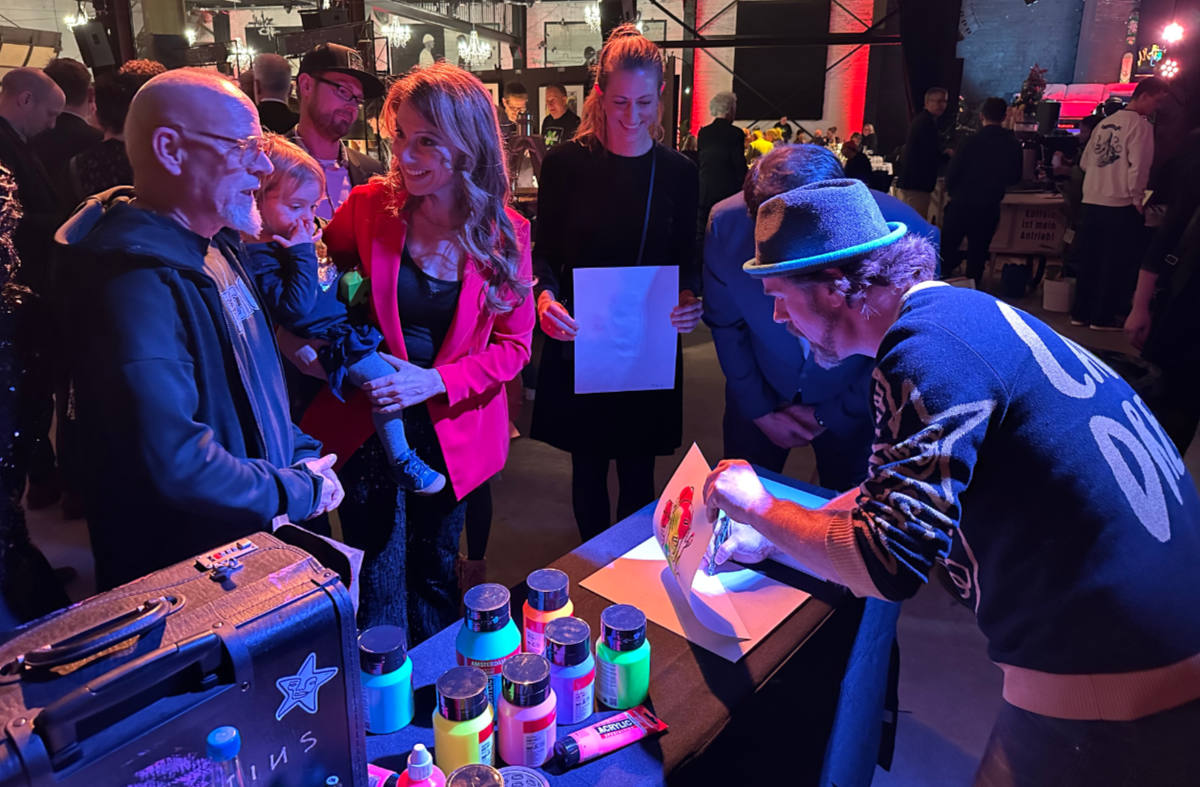
Part of the money we make with beyond tellerrand always supports Skate-Aid and during the last two years I helped bringing artists like Rob Draper and Salventius to the Skate-Aid Night where they performed live and gave 100% of the revenue to Skate-Aid.
TYPO3 Conference and Awards Gala
For two years TYPO3 is supporting beyond tellerrand as a Global Partner. Next top their input to beyond tellerrand, this partnership is a two-way partnership which means, I bring in myself also. In 2024 I spoke at their event, have been a jury member of their awards and was interviewed on stage during the awards gala show. This time I had been a more passive role and visited their well organised events. They improved the conference days with a different setup and had a police cover band playing in the breaks of their gala.
I once more can say “Congrats! Well done.” and hope that our partnership continues in 2026. 🙏
Christmas and Our Journey to 2026
Last but not least – and that is the reason for publishing this post 3 weeks after starting to write it – I took some well needed time off with my family. We had a calm and cozy time around Christmas and celebrated New Year with a few friends.
As this post marks the first one for 2026, I’d love to end it with a favour to ask you for: spread love and positive energy. Motivate each other, celebrate achievements and push everyone who does something lovely into the spotlight to share how great it is what they do or who they are. We need each other to multiply positivity against anything negative. And where one might be not strong enough, let’s support each other.
♥️
